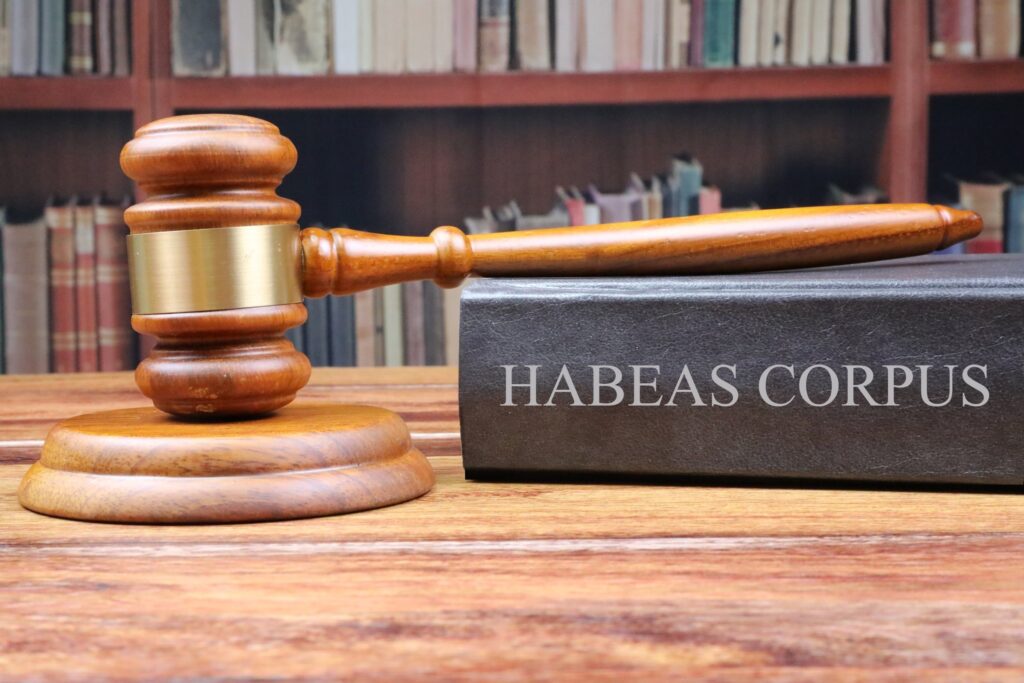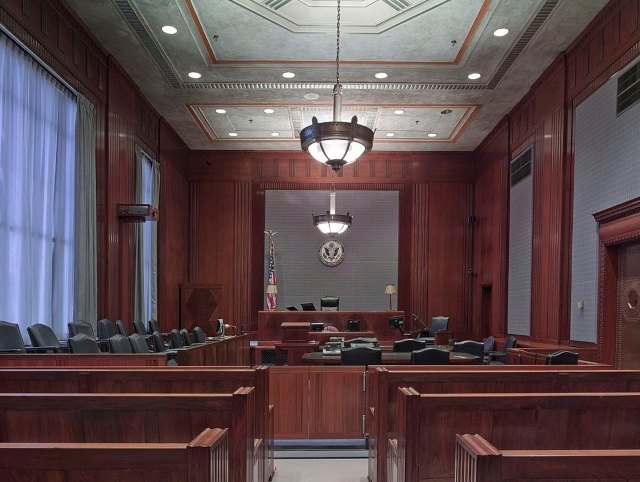Lawyer's Role in Declaring a Habeas Corpus Request Explained
Understanding the Role of a Post-Conviction Lawyer in Seeking Justice After a Criminal Conviction
In the complicated landscape of post-conviction lawful process, the role of a post-conviction attorney is crucial in navigating the course to justice after a criminal conviction. Beyond the confines of a test, these lawful experts engage in a multifaceted method intended at uncovering new proof, difficult legal mistakes, and promoting for their customers' rights. The ins and outs of post-conviction work require a mix of legal acumen, investigative abilities, and tactical believing to unravel the intricacies of a case and pursue methods that might have been forgotten or underexplored. As the search of justice expands past the confines of first procedures, the duty of a post-conviction lawyer emerges as a sign of expect those looking for to remedy oppressions and redeem their civil liberties within the legal system.
Post-Conviction Lawyer's Investigative Job
Post-conviction attorneys take part in precise investigative job to discover brand-new proof, step-by-step mistakes, or misbehavior that might possibly lead to overturning a conviction. This investigative stage is essential in the post-conviction process as it aims to determine any neglected information or lawful bad moves that might have influenced the result of the first test. Post-conviction lawyers look into instance documents, witness statements, and lawful documentation with a fine-tooth comb, looking for any inconsistencies or irregularities that could be grounds for charm.
Through extensive examination, post-conviction attorneys aim to lose light on possible oppressions that might have happened throughout the original test. By inspecting every aspect of the lawful process, post-conviction attorneys function relentlessly to reveal any kind of variables that might have influenced the verdict.
Crafting Appeals and Petitions
In the pursuit of justice after a conviction, skilled attorneys meticulously craft allures and requests to existing compelling debates for the reconsideration of legal choices. Crafting charms and applications calls for a deep understanding of the legal system, focus to detail, and tactical reasoning. Post-conviction attorneys analyze test documents, identify possible errors or offenses of civil liberties, and establish legal disagreements to challenge the conviction or sentence.
When crafting a charm, attorneys concentrate on highlighting lawful mistakes that may have affected the outcome of the case. They look into instance law, statutes, and legal precedents to support their debates. Petitions, on the various other hand, may include providing new evidence that was not available throughout the test or showing changes in the legislation that require a review of the sentence.
Furthermore, post-conviction lawyers have to abide by stringent procedural regulations and deadlines when submitting appeals and petitions. They need to offer their debates clearly and persuasively to encourage the court to give alleviation to their clients. Via precise crafting of appeals and applications, post-conviction legal representatives make every effort to safeguard justice for people who have been wrongfully founded guilty or unfairly punished.

Pursuing Post-Conviction Relief
Seeking alleviation after a conviction needs a calculated and diligent method by experienced lawyers. Post-conviction alleviation incorporates a series of lawful mechanisms developed to challenge the credibility of a sentence or sentence (top hawaii federal lawyers). These methods include filing activities for a new test, seeking appeals, seeking writs of habeas corpus, and offering newly uncovered evidence. Post-conviction lawyers play an essential role in navigating these intricate procedures, ensuring that all lawful options are explored to rectify oppressions that might have happened during the trial or sentencing stage.
One typical kind of post-conviction alleviation is submitting a petition for post-conviction relief, typically based on claims of inadequate assistance of guidance, prosecutorial transgression, newly discovered evidence, or constitutional violations. Experienced post-conviction attorneys have the abilities and expertise needed to determine practical lawful cases, carry out examinations, and present compelling disagreements to protect alleviation for their customers.
Using Forensic Evidence
When testing a sentence or sentence, the calculated usage of forensic evidence can be an effective tool in post-conviction lawful procedures. Forensic proof encompasses a large range of clinical methods used to explore crimes and develop realities in court. Post-conviction attorneys can leverage forensic proof to challenge the credibility of sentences by providing brand-new clinical findings that were not available throughout the initial test.

Taking Part In Sentence Alterations
Post-conviction attorneys might explore the opportunity of sentence adjustments as a lawful avenue to attend to out of proportion or unjustified sentences passed on in criminal situations. Sentence adjustments include seeking modifications to the terms of an accused's sentence after a conviction has happened. These alterations can include reducing the length of a sentence, altering the kind of penalty enforced, or discovering alternate sentencing alternatives.
Post-conviction attorneys can go after sentence modifications with different legal devices, such as submitting motions for sentence decrease, appealing for thoughtful release, or discussing appeal bargains for lowered sentences. They must carefully evaluate the situations of the situation, evaluate the legal grounds for seeking a modification, and present compelling disagreements to the court sustaining the requirement for a modified sentence.
Participating in sentence alterations calls for an extensive understanding of criminal law, punishing standards, and the specific treatments associated this article with looking for post-conviction relief. Post-conviction lawyers play an important role in advocating for fair and just results by challenging sentences that are unduly extreme or do not align with the concepts of justice.
Final Thought
In final thought, the function of a post-conviction lawyer is critical in seeking justice after a criminal sentence. Via investigatory work, crafting appeals and petitions, going after post-conviction relief, making use of forensic proof, and taking part in sentence alterations, these legal specialists play a vital role in advocating for their clients and ensuring that their civil liberties are maintained within the criminal justice system. Their commitment and knowledge are essential in navigating the complexities of post-conviction proceedings and achieving a reasonable result for individuals facing criminal sentences.